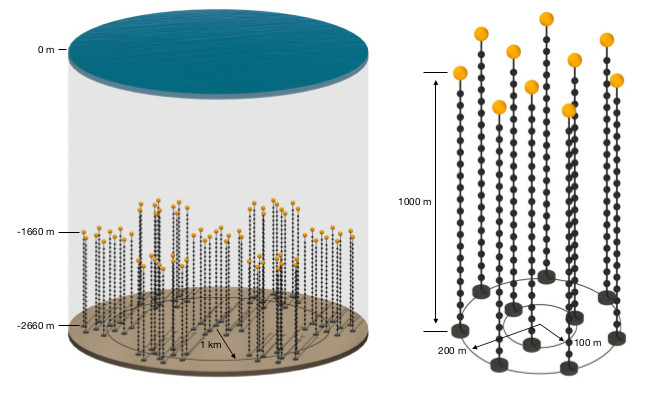News & Events
March 4, 2021
Akanksha Katil wins prize at WNPPC
The 58th annual Winter Nuclear Particle Physics Conference awarded 7 presentation prizes, with Akanksha Katil from the University of Waterloo winning the Best Undergraduate Student Presentation prize.

The Winter Nuclear Particle Physics Conference (WNPPC) completed its 58th consecutive year with a virtual version hosted by McGill University and TRIUMF on February 9-12, 2021. The WNPPC is a Canadian meeting for the subatomic physics community, focusing on creating a welcoming and relaxed space for junior researchers to present their work and discuss research. Topics addressed at the WNPPC include experimental and theoretical aspects of electroweak and Higgs physics, neutrino properties, QCD and hadrons, physics beyond the Standard Model, nuclear structure, nuclear and particle astrophysics, and more.
In addition to the scheduled speakers, over 50 presentations were given by undergraduate students, masters students, PhD students, and post-doctoral researchers. At the end of the conference, 7 prizes were awarded to outstanding presenters.
Akanksha Katil won the Best Undergraduate Student Presentation prize, and whose presentation can be found here. Katil is an undergraduate student at the University of Waterloo, working with Prof. Juan Pablo Yáñez Garza at the University of Alberta on the Pacific Ocean Neutrino Explorer (P-ONE) project. Katil showcased a successful first attempt at developing a method for detecting tau neutrinos, \(\nu_{\tau}\), in P-ONE during its Phase 1 implementation.
P-ONE is designed to investigate high energy neutrinos – \(\nu_{\tau}\) that have thousands of times more energy than what can be created by particle accelerators. These neutrinos originate from astrophysical sources, and their detection could lead to reconfirming astrophysical sources of high energy neutrinos and neutrino oscillation on cosmological scales. These neutrinos have eluded detection in current detectors partially due to scattering on surrounding environmental material, such as the ice above and around IceCube. P-ONE will have an advantage in detecting these neutrinos due to considerably reduced scattering effects underwater.

Katil presented an algorithm that will successfully distinguish \(\nu_{\tau}\) events from background radiation in Phase 1 of P-ONE, in conjunction with an estimate of ~1 \(\nu_{\tau}\) event detected per year. This algorithm and prediction provide insight into what may be expected in the early stages of P-ONE.
Congratulations on winning the Best Undergraduate Student Presentation Prize, Akanksha Katil!
